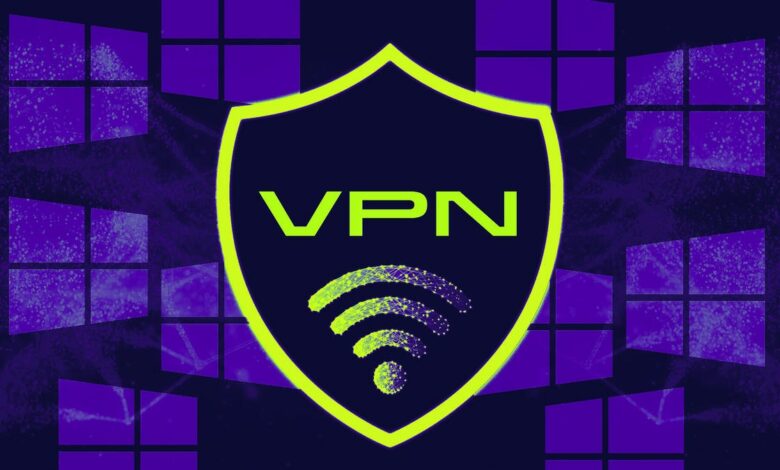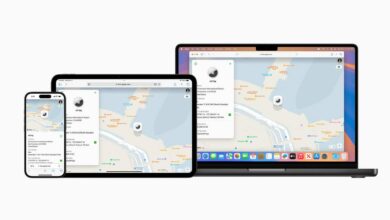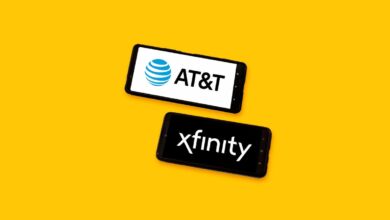Best VPN for Windows

There’s a lot to think about when selecting a VPN, including device support, privacy features, internet speeds, and price. Here are the most important factors to consider when choosing a Windows VPN.
Device Compatibility
Most VPNs offer an app for Windows. Chances are you have other devices, like phones, tablets, and streaming devices, that you’ll want to install a VPN on. You’ll find Windows, macOS, Android, and iOS/iPadOS apps from almost every VPN provider, but certain platforms like Amazon Fire TV, Apple TV, and a Linux graphical user interface (GUI) app are rarer. Think about what non-Windows gadgets you’ll use a VPN with and make sure your provider of choice has an app.
Privacy
Privacy is one of the most important reasons to use a VPN. We recommend at least AES 256-bit encryption (for the OpenVPN and IKEv2 VPN protocols) or ChaCha20 (WireGuard), a kill switch, and a strict no-logs policy. While no-logging claims are difficult to verify with absolute certainty — you can and should be skeptical — it does provide peace of mind. Third-party auditing improves transparency and supports no-log claims.
Loss of internet speed
All VPNs slow down your internet download and upload speeds to some extent because your data doesn’t just travel through your internet service provider’s (ISP) servers, but instead through your VPN provider’s server for encryption. Some companies offer faster speeds than others. The fastest VPNs deliver a minimum speed loss of 25% or less, which is ideal for bandwidth-intensive activities like 4K video streaming, uploading videos to YouTube, and competitive online gaming.
Server network
A robust server network will help you find an ideal connection. You want a large number of servers and a large list of individual countries. A VPN company with fewer total servers but more individual countries may work better for travel, as you’ll have a wider selection of countries to choose from. Many of our top recommended VPNs, including ExpressVPN and Surfshark, offer 100 or more servers.
Unblock content
In addition to privacy, many people use VPNs to bypass regional restrictions. Whether that’s unblocking streaming content, like accessing UK Netflix libraries in the US, or avoiding annoying but necessary CAPTCHAs while traveling abroad, a VPN has you covered. For streaming, you’ll want to make sure your VPN works with your desired services, like Netflix, Disney Plus, Hulu, or Amazon Prime Video.
Customer service
Especially if you’re new to VPNs, a robust help guide and FAQ section makes it easier to get help. We appreciate companies that provide detailed setup instructions and troubleshooting tips. For more advanced assistance, 24/7 live chat online or by phone is great, whether you’re having connection issues or have billing questions.
Price
A VPN will cost you anywhere from $10 per month to $100 per year. You’ll generally save money by purchasing an annual plan, with bigger discounts for two- and three-year purchases. Despite the lower cost, we recommend avoiding a multi-year plan because of how quickly things change in the VPN world. While your provider may offer fast speeds and great privacy features at first, it could get breached or acquired by a shady company. For the best value with the least risk, stick with annual plans. At the high end, companies charge $90-$100 per year, while a good VPN will run you around $50-$60 per year. Typically, companies offer attractive introductory prices for your first year of service, then raise the price. If you renew during a sale — like around Black Friday or Cyber Monday — you can still get a great deal.




